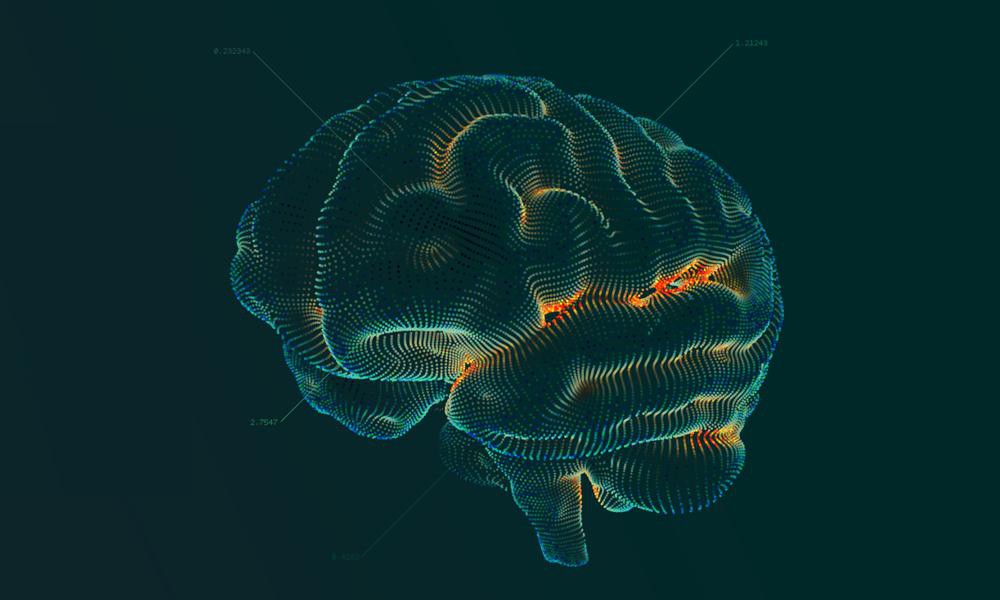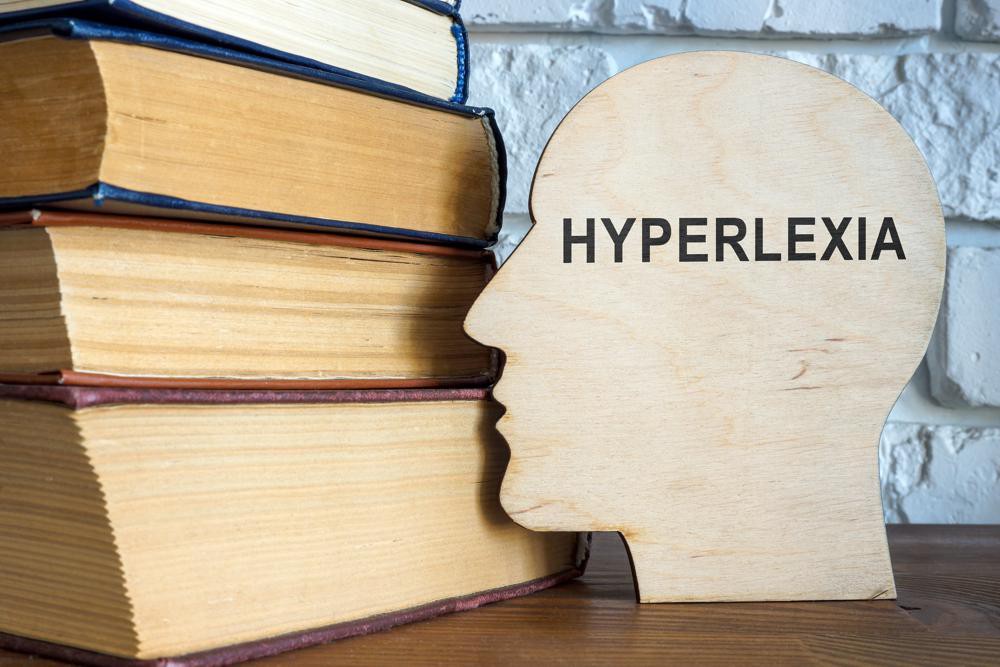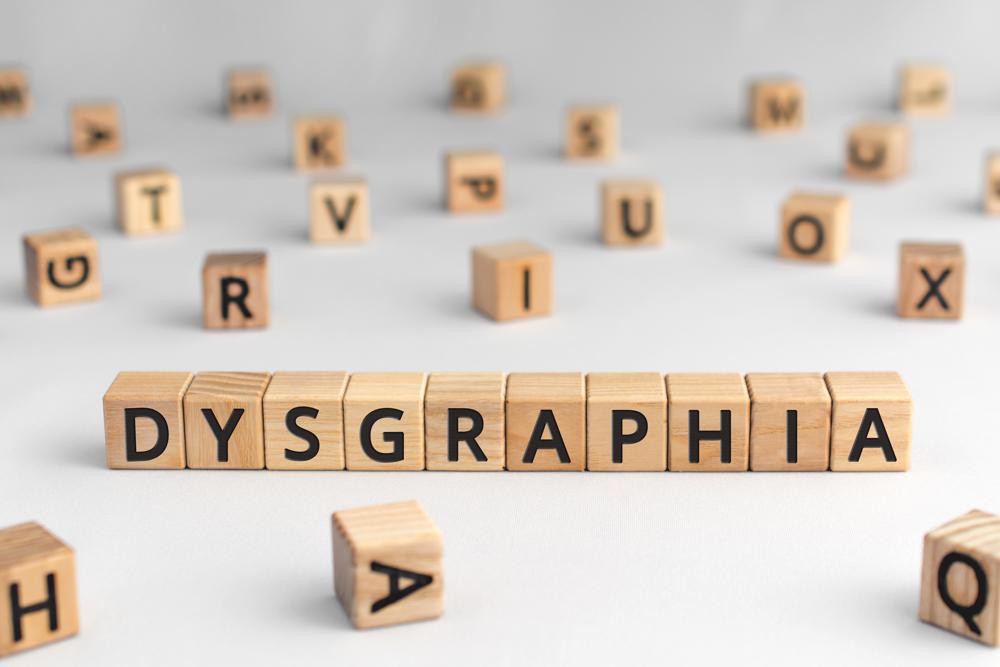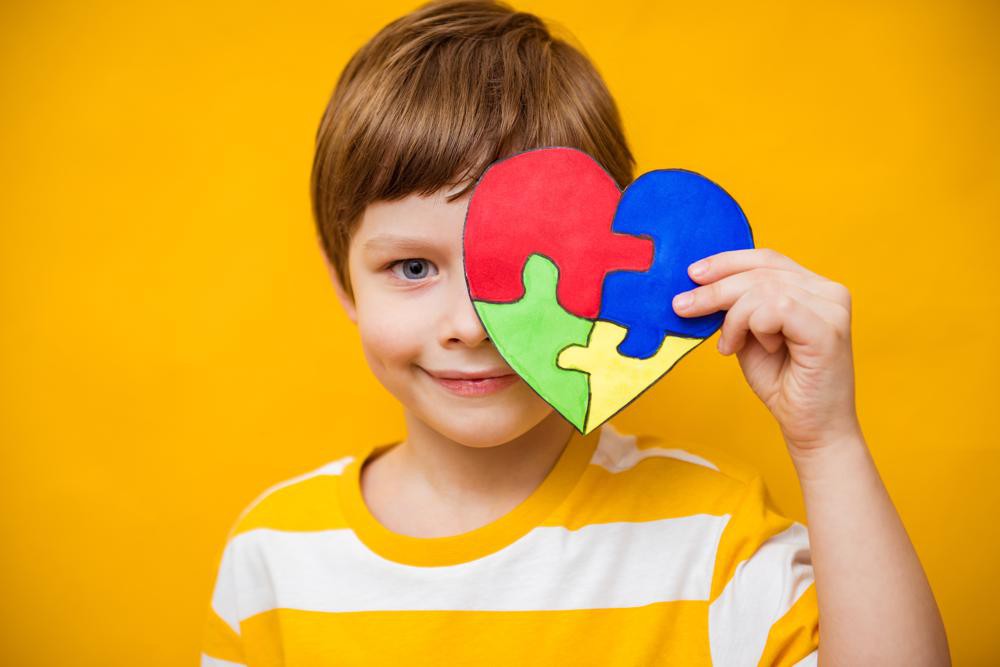Cognitive Distortions are exaggerated or irrational negative thought patterns that can influence your emotions. These cognitive distortions are commonly referred to as thought traps because they often have a habitual nature and are hard to break out of, especially in moments of distress. Cognitive distortions don't have a single root cause but are commonly associated with mental health struggles such as depression and anxiety along with exposure to traumatic events or abuse.
Benjamin Avshalomov
When our children feel bad, we might often want to make them feel better instantly. Paying attention to what we say is important because invalidating feelings could ultimately lead to our children feeling worse. Actually, invalidating the feelings of our family members could be especially damaging to their mental health.
The Report
The current U.S. Surgeon General, Dr. Vivek Murthy, released an extensive advisory report on social media and youth mental health. While social media may offer benefits, there are clear indicators that social media can also pose a risk of harm to the mental health and well-being of children and adolescents. Social media use by young people is nearly universal, with up to 95% of young people ages 13-17 reporting using a social media platform and more than a third saying they use social media “almost constantly.”
Call to Action
Dr. Vivek Murthy’s advisory comes as a call to action urging policymakers, researchers, parents, children, technology companies, and those in the mental health community to gain a better understanding of how social media impacts our community, how to optimize social media usage and how to create a safe online environment. Most social media platforms are designed for kids above the age of thirteen, but recent data shows that 40% of kids between the ages of 8-12 use these platforms often. Growing bodies of research acknowledge the potential harm of social media use during critical stages of development on mental health outcomes. The surgeon general’s report goes on to state that, at this time, there is not yet enough evidence to determine if social media is sufficiently safe for children and adolescents. That is a strong statement that highlights the need for a more in-depth understanding of how social media is affecting our young people's mental health.
What is the Harm?
As parents of children who are undergoing neuropsychological evaluations or as test takers ourselves, we often wonder what our intellectual capacity says about us or our child. Intellectual capacity, our very ability to think, learn, plan, and understand ideas, can bring up all sorts of emotions and questions. Moreover, questions arise when trying to make meaning from a 2-3 digit number like an IQ that often holds an over-ascribed meaning. Scores could feel daunting, like an assigned grade. For example, if a child receives an IQ of 90 a parent might think that could explain why their child is struggling in school, but that is not necessarily the case. Performance on a single assessment or measure of intellectual ability is only part of the picture and means very little without other sources of information.
The Jump (Highschool to College)
There are so many concerns for all parents regarding their child transitioning from high school to college. Parents of students with disabilities may especially wonder how their child will keep up with an increased workload. College could be the perfect storm of increased freedom, lack of supervision, and many new demands. Parents know how much support they give their children, and wondering where that support might come from once they leave home is worrying.

Attention-deficit/hyperactivity disorder (ADHD) is a neurodevelopmental disorder that affects many people globally. It has been connected to higher rates of failure in academic settings, a higher likelihood to be unemployed, and could make developing and maintaining relationships difficult. However, on the bright side, researchers have long wondered if ADHD has a strength: Enhanced creativity.
Have you ever been scared in your own home? Children and teens exhibiting defiant behavior consistently can be emotionally draining for themselves and others around them. There's a range between the usual independence-seeking behavior of teens and out-of-control defiant behavior. It's normal to exhibit oppositional behaviors at certain stages of an adolescent’s development.
Hyperlexia is a term that describes a child's precocious ability to read. Children with hyperlexia might show an intense interest in all printed material and could be able to read as early as 18 months old, before any real language skills have even developed. Hyperlexia is not a diagnosis by itself and does not appear as an official diagnosis in psychological diagnostic manuals. The term is used as a practical label to provide parents, educators, and mental health professionals with a better understanding of how a child with hyperlexia might think and learn. This is particularly important because hyperlexia often co-exists alongside Autism Spectrum Disorder (ASD) and other developmental disorders.
Children with ADHD and children with anxiety can exhibit some similar characteristics and behaviors making it more challenging to tell the difference. For instance, children with ADHD are more likely to have higher rates of co-occurring anxiety. It can be difficult to tease out if inattention is due to anxiety or if in fact, the anxiety is a result of deficits regarding attention regulation due to ADHD. This brings up the added complication of secondary anxiety. Secondary anxiety in children with ADHD usually involves being anxious about executive functioning difficulty (anxiety about assignments, time management, school demands, etc.).
As we delve deeper into the differences between ADHD and Anxiety disorders, let's briefly look at some of the main symptoms of each.
Dysgraphia is a neurological disorder of written expression. It is a learning disability that affects children and adults interfering with skills like handwriting, typing, and spelling. It can also impact the capacity to translate ideas into language.
Although it is estimated that 5-20% of children have Dysgraphia it should not be confused with poor handwriting. Dysgraphia is more serious and generally appears when children are first learning to write. Each case is unique, and experts are not always sure what the causes are, but early treatment can help prevent or reduce problems.
One of the main differences between Autism Spectrum Disorder (ASD) and Social Pragmatic Communication Disorder (SCD) is that people with Autism have difficulties with social communication (language deficits, social challenges) AND also exhibit repetitive and/or disruptive behaviors.
Repetitive behaviors often look like:
Problems can arise in conversation. That's when emotions, expectations, and opinions clash. Everybody sees the world in a different way.
Listening is so important. It is the easiest way to connect with other people and build relationships. We all know about passive listening. The person is hearing us speak but is tuned out or not mentally engaged. This could be discouraging and unsatisfying. Active listening is the opposite. It means listening completely. This type of listening is a skill that involves intentional engagement and can be improved over time with practice and effort.
Depression, prior suicide attempts, psychiatric disorders, intense anxiety, and addiction are common risk factors for suicide.
The finishing line is not 18! It can be difficult when your kids become adults. There are new challenges, new responsibilities and the stakes are higher. Guess what? You're still a parent! There are fantastic ways to help your young adult navigate this new stage of life.
How can students with ADHD improve Organization? Understanding the importance of organizational skills and how to apply them is critical. Organizational skills refer to a set of cognitive abilities that facilitate goal-oriented behavior.
Back to School!
This is a time like no other! As our children head back to school and to the playground, we are naturally concerned about Covid-19 and its variants. A little anxiety can be helpful! It reminds us to wash our hands and wear our masks. Following the advice of health experts is so crucial on our quest back to normalcy. Yet, it is our prerogative as parents to give our children the best tools possible in this new chapter!


















